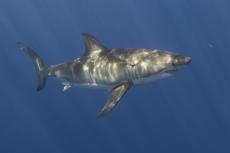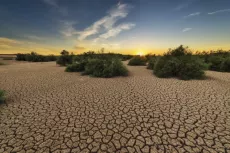Networking is key for corals too
Strong links between the corals reefs of the south China sea, West Pacific and Coral Triangle hold the key to preserving fish and marine resources in the Asia-Pacific.
The richest marine region on Earth, the Coral Triangle—which sits between Indonesia, Malaysia and the Philippines—depends vitally for its diversity and resilience on coral and fish larvae swept in from the South China Sea and Solomon Islands, Australian researchers have found.
“The currents go in various directions, but the prevailing direction is from east to west, and this carries coral spawn and fish larvae from areas such as round the Spratly Islands in the South China Sea and the Solomons, Papua New Guinea,” explained Dr Johnathan Kool of the ARC Centre of Excellence for Coral Reef Studies and James Cook University. “Maintaining the network of links between reefs allowing larvae to flow between them and re-stock depleted areas, is key to saving coral ecosystems threatened by human pressure and climate change.
“Knowing where coral spawn comes from is vital to managing our reefs successfully. Even though coral reef communities may not be connected directly to one another, reefs on the edge of the Coral Triangle have the potential to contribute significant amounts of genetic diversity throughout the region,” said Kool.
He argued that recent evidence showing the region’s biology is closely inter-connected, suggesting that it is in the interest of all Asia-Pacific littoral countries to work together more closely to protect it: “The science shows the region’s natural resources are closely interconnected. Nations need to co-operate to look after them—and that begins with recognising the resources are at risk and that collective action is needed to protect them.
- Log in to post comments





























